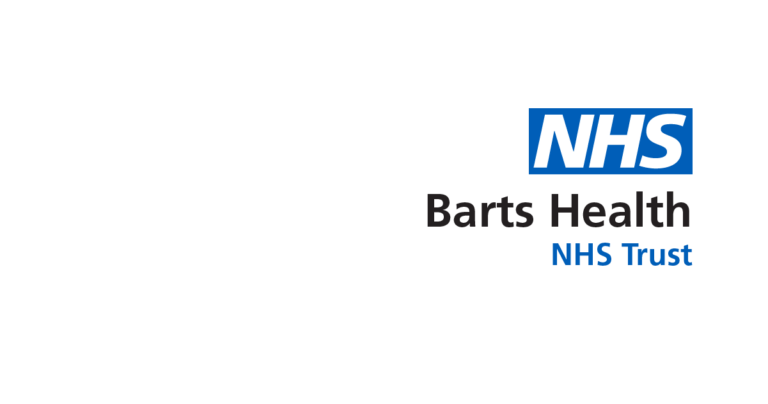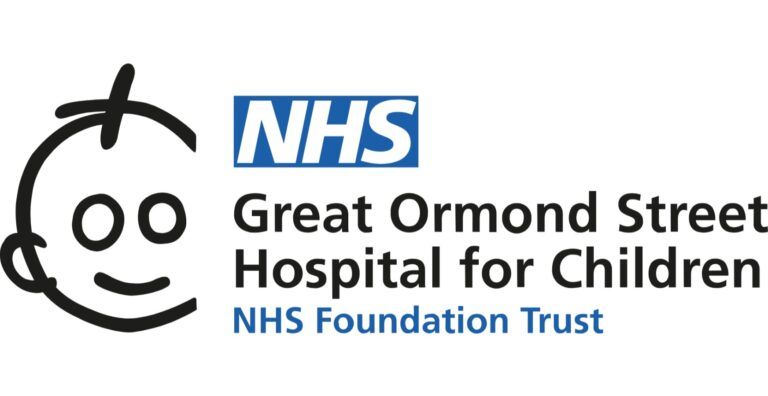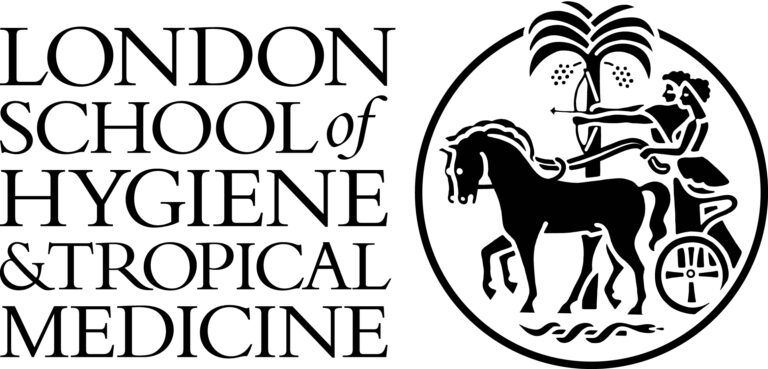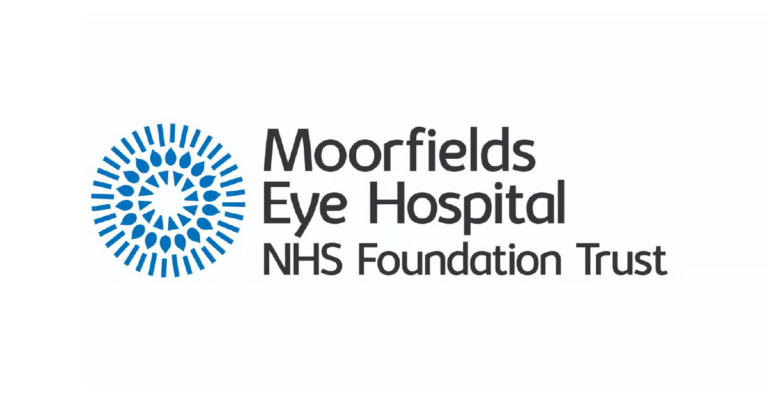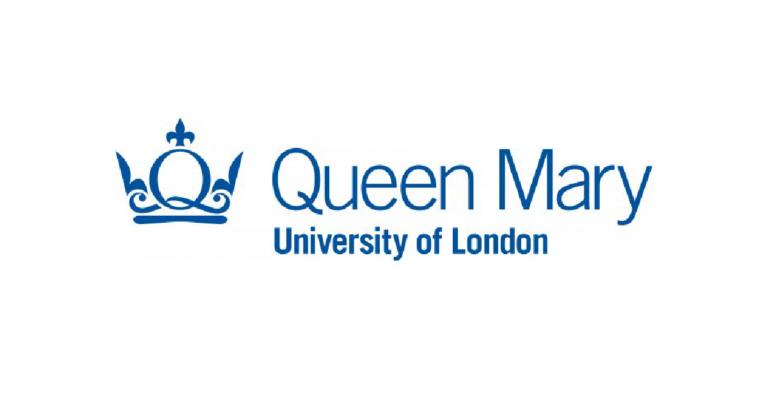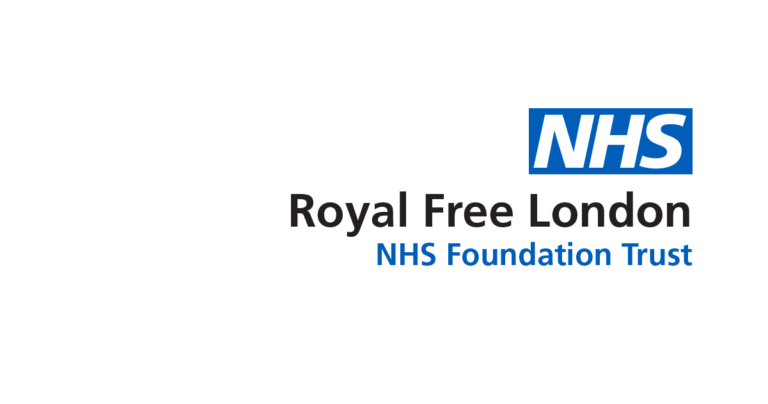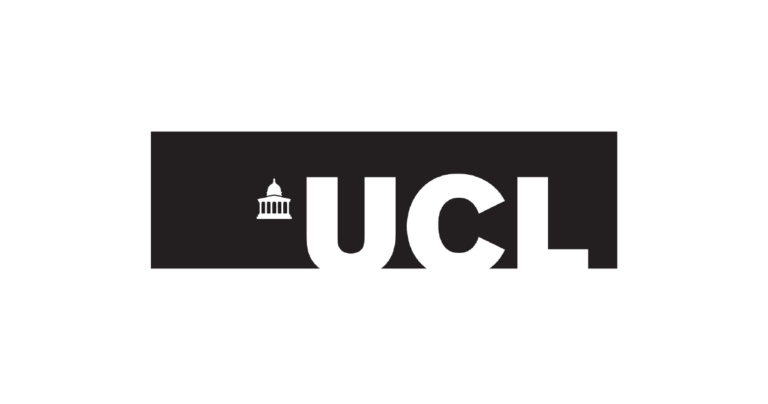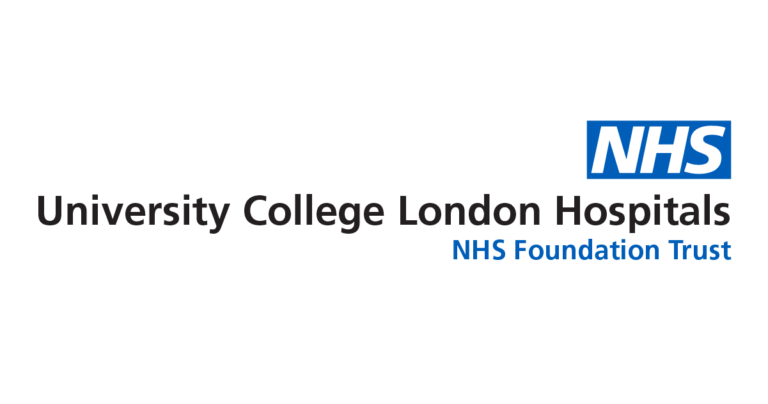AHSC: contributing to the COVID-19 response
Support from our AHSC members has included:
i) Advising government at the highest levels
ii) Mobilising staff resource (to support our partner NHS Trusts, the Francis Crick and PHE testing centres, and Nightingale)
iii) Provision of equipment, including the manufacture of hand gel, PPE and provision of 16 PCR machines to the national testing centre established in Milton Keynes.
iv) Mobilising of our multi-disciplinary (and multi-institution) research communities
Highlights:
- 33 Urgent COVID-19 studies across London on National Institute for Health Research (NIHR) portfolio
- 26 UK Research and Innovation (UKRI) grants in COVID-19 response
- 31 academics named as scientific advisors on the UK government’s Scientific Advisory Group for Emergencies (SAGE) and its related sub-groups.
- 10,000 UCL Ventura CPAP devices manufactured for over 60 NHS hospitals
- More than 470 clinical academics and technical/other staff seconded to the NHS to tackle the pandemic and formally released from all academic duties.
- 22 ThermoFisher PCR machines donated to national Lighthouse labs, along with manufacturing antimicrobial hand wash for use at UCLH and making PPE face masks and eye protection. QMUL donated over 50,000 items of PPE including those from overseas partners. QMUL also designed, manufactured and delivered approx. 20,000 visors.
- More than 300 medical students fast-tracked through graduation in April 2020, ready to be made frontline NHS doctors as part of the Government’s response to the coronavirus pandemic (UCL data only) and 373 medical student volunteers released from QMUL.
Key areas of work
The following is a summary of some of the key areas of work in response to COVID-19:
- NIHR BRCs: Our NIHR Biomedical Research Centres have rapidly reprioritised their activities to set up COVID-19 clinical studies, including delivering full clinical trials protocols.
- Vaccines: UCL is partnering with the University of Oxford Vaccine hub to look at scale up of vaccine manufacture. London School of Hygiene and Tropical Medicine have also put together a tracker (developed by the Vaccine Centre) to follow all COVID-19 vaccine candidates as they progress through the development pipeline.
- Nightingale: Queen Mary University of London and Barts Health NHS Trust, as part of their Barts Life Sciences initiative, have begun a new programme of Covid-19 research across Barts Health hospitals, including NHS Nightingale Hospital London. Taking NIHR approved studies, the teams have developed innovative electronic consenting processes to contact families or carers where a person is ventilated, enabling research in those most severely affected by the disease. The process was thanks to the teamwork and courage of volunteers from across the NHS and university partners (QMUL, UCL and LSHTM).
- Covidsortium: The multi-centre study is a collaboration between Barts, UCLH, Royal Free, QMUL and UCL and involves the weekly collection of blood, saliva and other biological samples from hospital health care workers over 16 weeks. This will ensure that participants are studied before, during and after infection and help researchers to identify genetic and immunological risk predictors. So far they have collected thousands of blood samples and hundreds of nasal swabs. This will generate a bioresource with hundreds of thousands of samples available for research groups across the UK to use to address a range of questions around the virus and host immunity.
- TRIC: A collaboration between UCLH and Barts investigating thromboprophylaxis in Covid-19, and the use of different doses of heparin to prevent thrombosis in Covid-19 infection.
- DeCOVID: A research collaboration between The Alan Turing Institute, UCLH, UCL, University of Birmingham and University of Birmingham Hospital, DeCOVID aims to use near real-time health data as the COVID-19 pandemic unfolds to allow researchers and clinicians to identify factors and generate insights that can lead to more effective clinical treatment strategies.
- Launch of novel breathing device: A continuous positive airway pressure (CPAP) breathing aid developed by engineers at UCL and clinicians at UCLH working with Mercedes-AMG High Performance Powertrains is being deployed in NHS hospitals to help COVID-19 patients breathe more easily. As of 5 May the CPAP design licence has been downloaded in 105 countries.
- Wellbeing: The pandemic has created substantial new barriers to collaborative work between academic colleagues. To overcome these barriers, UCL and UCLH BRC has launched a brand-new global networking initiative to keep academics working, talking and building relationships with each other. The network is open to all, regardless of subject-specialism, institution or where they are in the world. As well offering the opportunity to forge new collaborations, the network will provide virtual support to colleagues and offer advice on working remotely. ·
- Education: London School of Hygiene and Tropical Medicine has released a free online course covering i) How COVID-19 emerged and was identified, ii) Public health measures for COVID-19 worldwide, and iii) What is needed to address COVID-19 going forward. Other resources include “The Academics Need to Talk”, a global movement of the academic community to support each other through the pandemic. More information is available on the UCL website.
